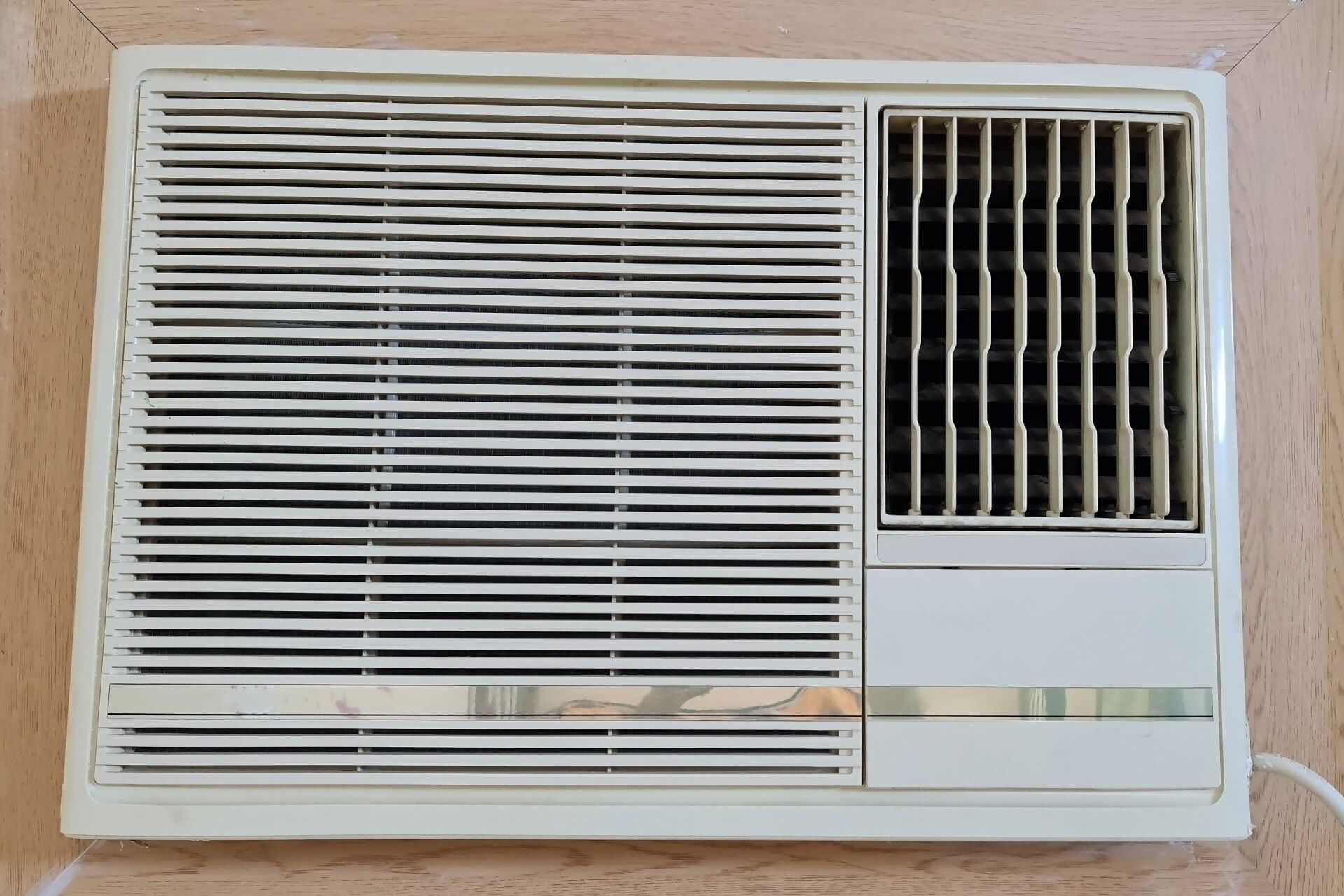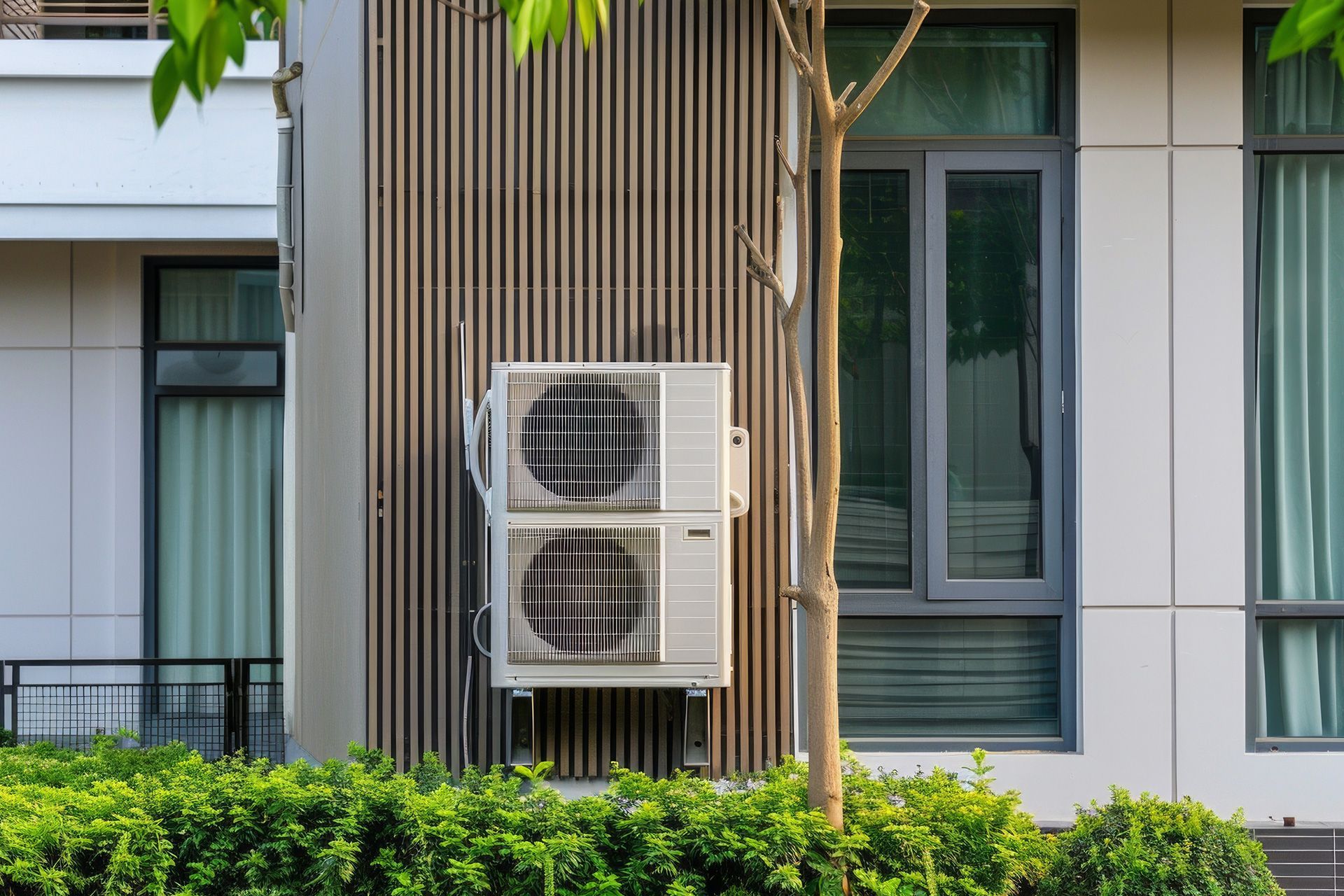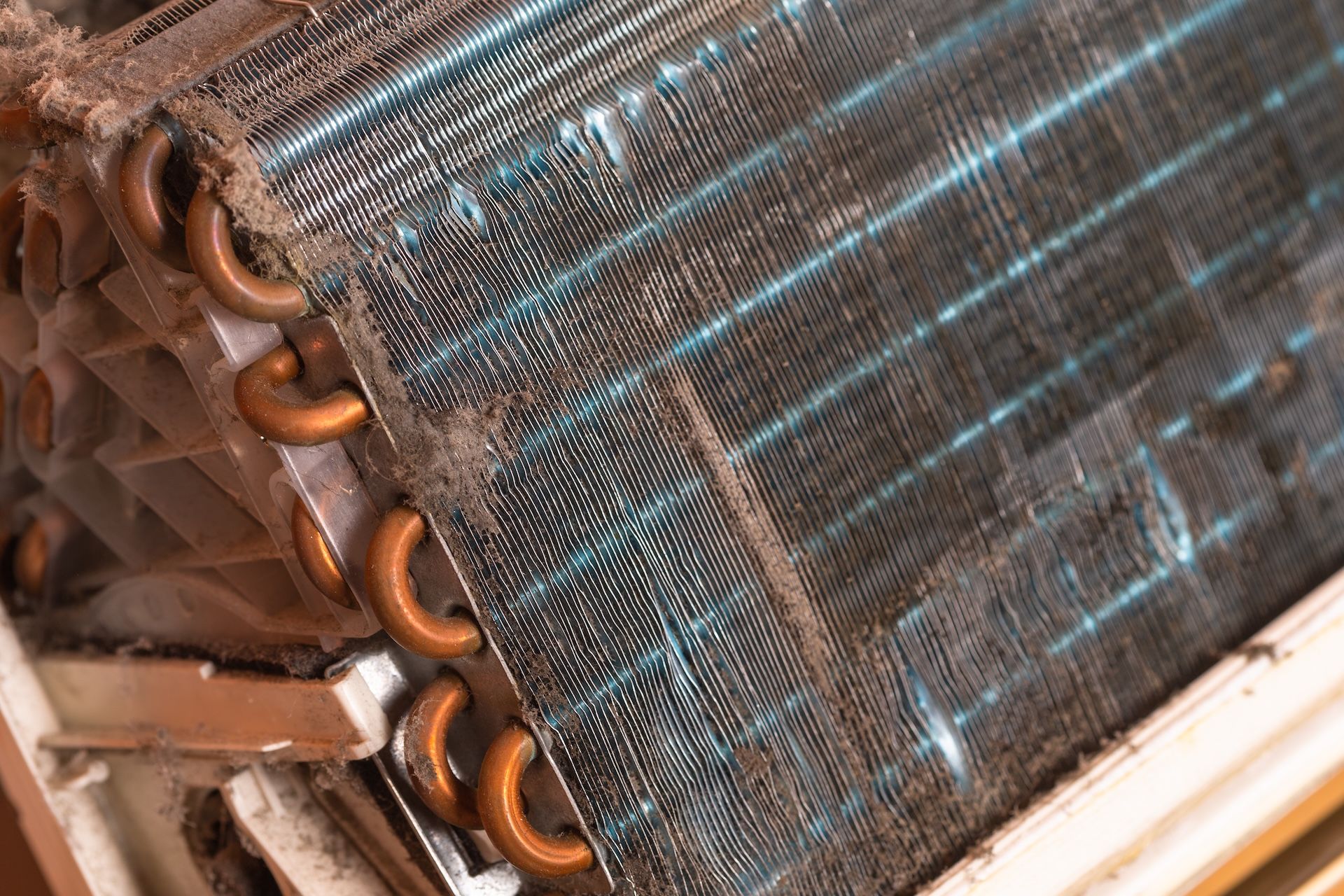The Pros and Cons of Central AC vs. Window Units

Did you know that nearly 90% of U.S. homes use some form of air conditioning? That’s a huge number! As temperatures continue to rise across the country, choosing the right cooling system—Central AC or window units—has never been more important. Each type has its own pros and cons, and what works for one home might not work for another.
In this article, we’ll break down the differences between Central AC and window units so you can decide what’s best for your home and budget. Whether you're planning an AC installation or just comparing your options, this guide will help you stay cool and informed.
What is Central AC?
Central air conditioning, or Central AC, is a system that cools the entire home through a network of ducts. It uses one central unit, usually placed outside, that distributes cool air through vents in each room.
Pros of Central AC
1. Cools the Whole House: Central AC cools every room at once. You don’t need separate units for each space, which is great for big families or larger homes.
2. Quiet Operation: Since the compressor is outside, it runs quietly inside your home. You’ll barely hear it working!
3. Cleaner Look: No bulky boxes sticking out of your windows. Everything is hidden in the walls, ceiling, and outside the house.
4. Improves Air Quality: Central AC systems use filters that trap dust, pollen, and other allergens. This helps improve indoor air quality.
5. Increases Home Value: Homes with Central AC often sell faster and for a higher price. It's a great investment.
Cons of Central AC
1. Higher Cost: AC installation for Central AC can be expensive, especially if your home doesn’t already have ducts.
2. Uses More Energy: Cooling the entire home uses more electricity, especially if you're only using one or two rooms.
3. Maintenance Needs: It’s important to clean filters and service the unit regularly. Repairs can also be costly.
What Are Window Units?
Window AC units are smaller air conditioners that fit into a window. They cool one room at a time and are often used in apartments or smaller homes.
Pros of Window Units
1. Lower Cost: Window units are much cheaper to buy and install than Central AC. They’re great for tight budgets.
2. Easy to Install: Most people can install a window unit themselves. No need for ductwork or professional help.
3. Energy Efficient for Small Spaces: If you’re only cooling one room, a window unit uses less electricity than Central AC.
4. Portable (Sort of): You can move a window unit from one room to another or take it with you if you move.
Cons of Window Units
1. Only Cools One Room: If you want to cool multiple rooms, you’ll need multiple units, which can get expensive and cluttered.
2. Noisy: Since all parts of the unit are inside or right next to the window, they can be quite loud.
3. Blocks Window View: These units take up window space, block light, and affect your view.
4. Less Attractive: A window unit can make the outside of your home look cluttered. Some people don’t like how they stick out.
Central AC vs. Window Units: A Quick Comparison
| Feature | Central AC | Window Unit |
|---|---|---|
| Cooling Area | Whole house | One room |
| Installation Cost | High | Low |
| Energy Efficiency | Good for big homes | Good for small rooms |
| Noise Level | Low (inside) | High |
| Appearance | Hidden from view | Visible and bulky |
| Maintenance | Needs regular servicing | Easy to clean or replace |
| Portability | Permanent installation | Can be moved |
| Air Quality | Better filtration | Basic filtration |
Which One is Right for You?
Choosing between Central AC and window units depends on your home, lifestyle, and budget.
Choose Central AC if:
- You want even cooling throughout the home.
- You live in a large house with multiple rooms.
- You want a quiet, long-term solution.
- You’re planning to sell your home in the future.
Choose Window Units if:
- You live in a small apartment or only use a few rooms.
- You’re renting and can’t install a full system.
- You’re on a budget and want something quick.
- You want to control the temperature in just one room.
Tips Before Installing Any AC
- Know Your Home Size: Make sure your cooling system matches the size of your space. Bigger isn’t always better—it can waste energy.
- Check Insulation: A well-insulated home keeps cool air inside. This helps any AC system work better and saves you money.
- Use a Smart Thermostat: Whether you use Central AC or a window unit, smart
thermostats help control temperature more efficiently.
- Hire a Professional: If you're going for a
Central AC installation, hire a licensed professional. They’ll make sure everything is safe and works correctly.
- Clean Regularly: Change or clean filters on time. This helps the AC work better and improves
air quality.
Final Thoughts
When it comes to Central AC vs. window units, there’s no one-size-fits-all answer. Each system has its own strengths and weaknesses. Think about your space, your comfort needs, and your budget.
If you want a long-term, quiet, whole-home solution, go for Central AC. If you're after something budget-friendly and easy to install for a single room, window units are a smart choice.
Both options can keep you cool—just in different ways!
Need help deciding or ready for AC installation? Contact Old School Cooling today to stay comfortable all year round!
FAQs: Central AC vs. Window Units
What is the biggest difference between Central AC and window units?
The main difference is coverage. Central AC cools the entire home using ducts, while window units only cool one room.
Which is more energy efficient?
It depends on your needs. Window units are better for single rooms. Central AC is more efficient for large homes when properly maintained.
Can I install Central AC myself?
No. Central AC installation should be done by a licensed HVAC professional to ensure safety and performance.
Are window units safe to use?
Yes, if installed correctly and plugged into the right type of outlet. Always follow the manufacturer’s instructions.
Does Central AC improve indoor air quality?
Yes. Most systems have built-in filters that clean the air as it passes through.
Disclaimer: The information on this website and blog is for general informational purposes only and is not professional advice. We make no guarantees of accuracy or completeness. We disclaim all liability for errors, omissions, or reliance on this content. Always consult a qualified professional for specific guidance.






